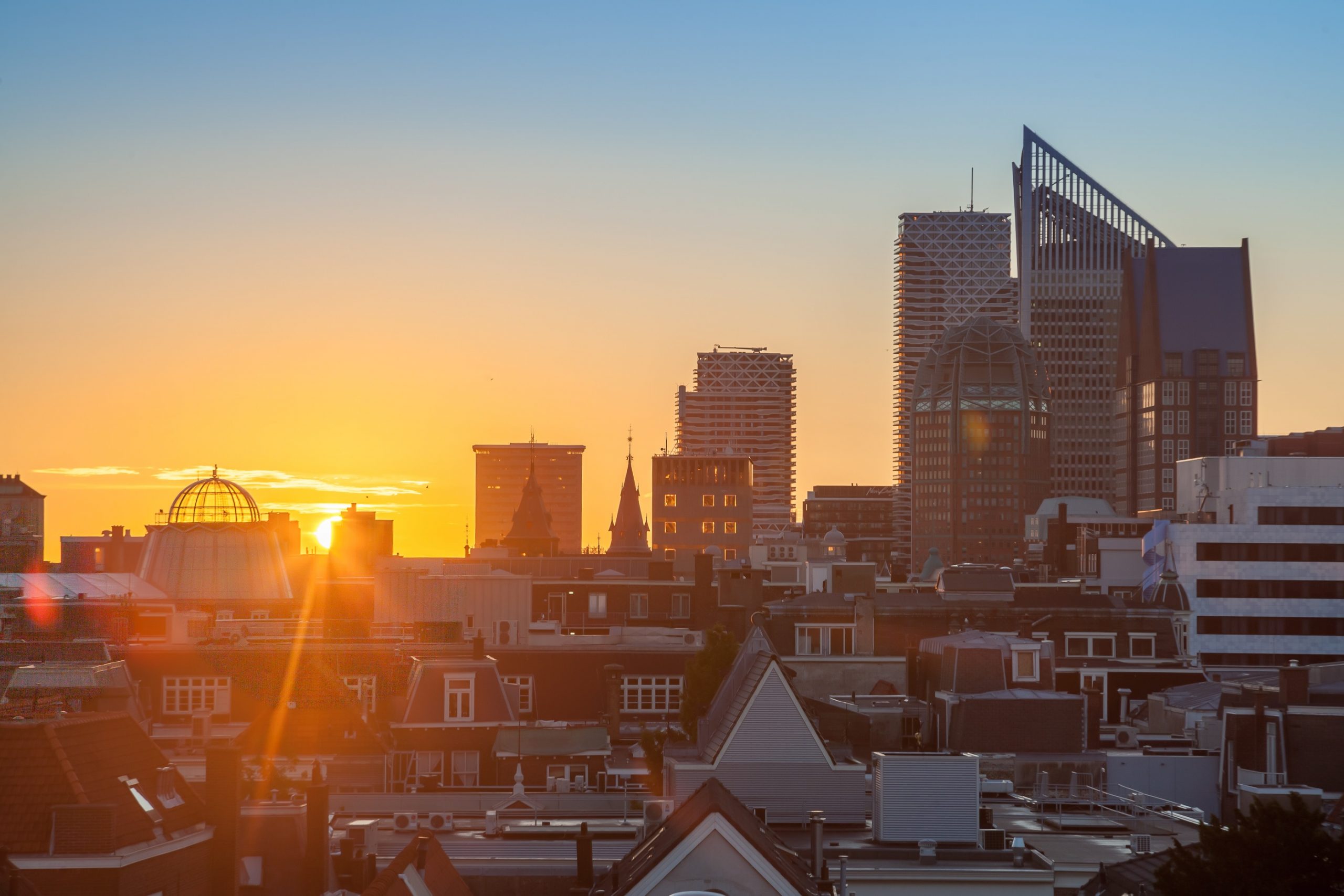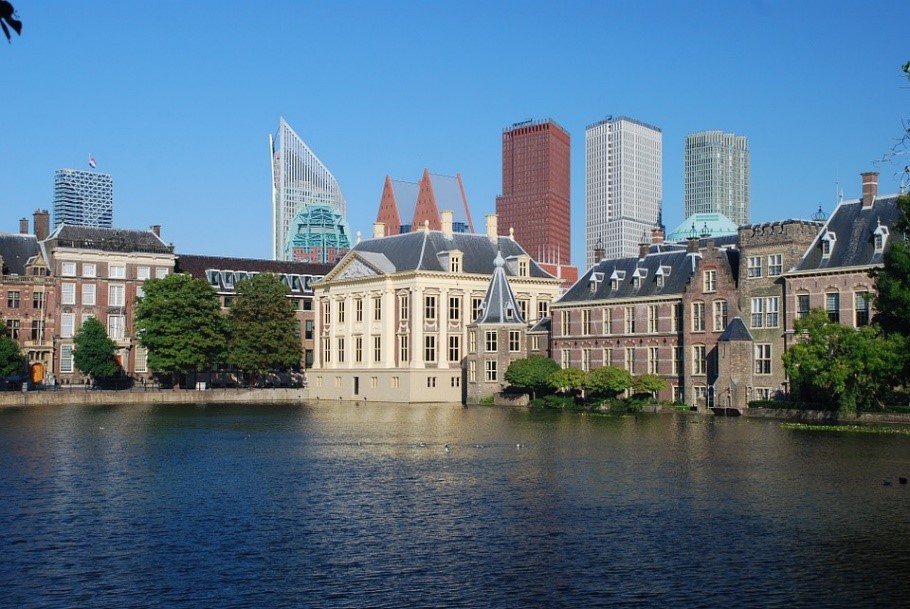Today are the elections for the Provincial Council and the Water Boards. The number of voters for these two parts of our democracy has lagged behind the national elections for the House of Representatives for years. You would be right to think. After all, the real decisions are made in The Hague and not in the province or at a water board.
However, this is a gross misconception. The Netherlands does not stop outside The Hague or the Randstad. If you follow the election debates on TV, you would get that impression. These have been populated in recent weeks by the well-known party leaders of the national parties. The national issues were central; not the issues that are going on in the province. The debate was about the climate agreement, the costs of healthcare or European cooperation. But where was the discussion about the settlement of the gas earthquakes in Groningen, the construction of wind farms (usually outside the Randstad) or the closure of regional hospitals in, for example, the Noordoostpolder. Of course, the Slotervaart also closed its doors, but a resident of Amsterdam still has more choice and time to visit a hospital than someone in Borger, on the border of Groningen and Drenthe.
No wonder that interest in the provincial elections is low and Dutch people don't really know what to vote for. The fact that the most important media parties are based in the Randstad certainly contributes to this. The North-South line may be important for people who live in Amsterdam, but for people who live in Groningen or Zeeland it is completely irrelevant. Yet the major newspapers are full of it and you will hardly find reports about public transport developments in the region. Marc Calon of LTO Nederland put this sharply in the FD of March 19: “The elite has a blind spot for matters outside the Randstad”.
We all know that the gap between the Randstad and the rest of the country has been widening in recent years. To prevent this from becoming even deeper, it is important that people outside the Randstad are also well informed about what is going on in their region. And what the political parties in their province want to achieve. The fact that the financing of local and regional media is under pressure does not help. Admittedly, a number of media outlets have actually gone into the province in recent weeks to gauge the mood among the local population. However, if this is used as a stepping stone to get national politicians to tell their story, it is a missed opportunity. It is important to put a stop to this issue of increasing alienation. Perhaps today's elections can contribute to this. And then we hope that the provinces will decide to put extra effort into financing the regional media, so that everyone outside the Randstad is also well informed about what is going on in their country.






